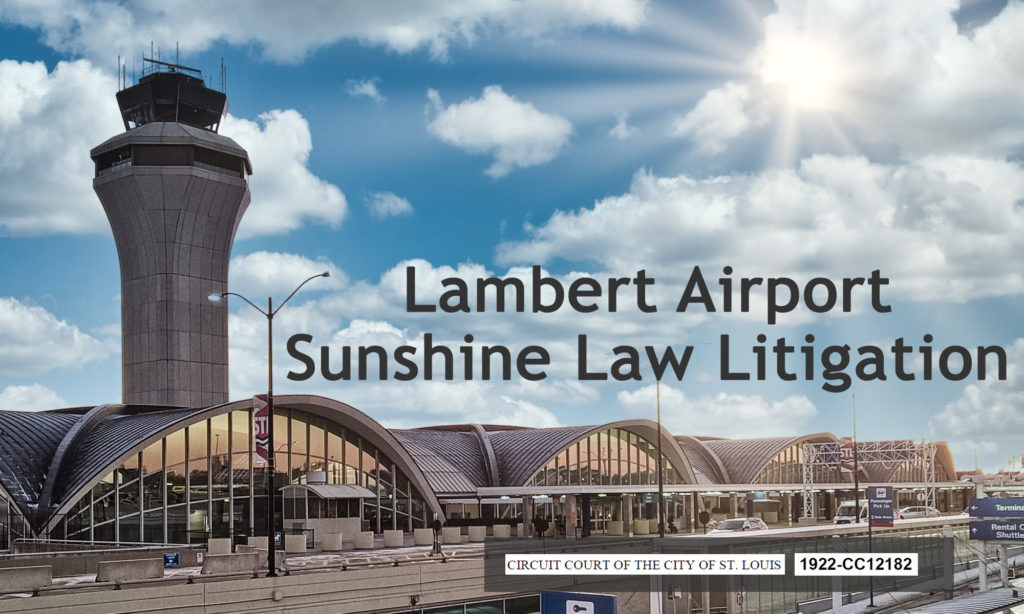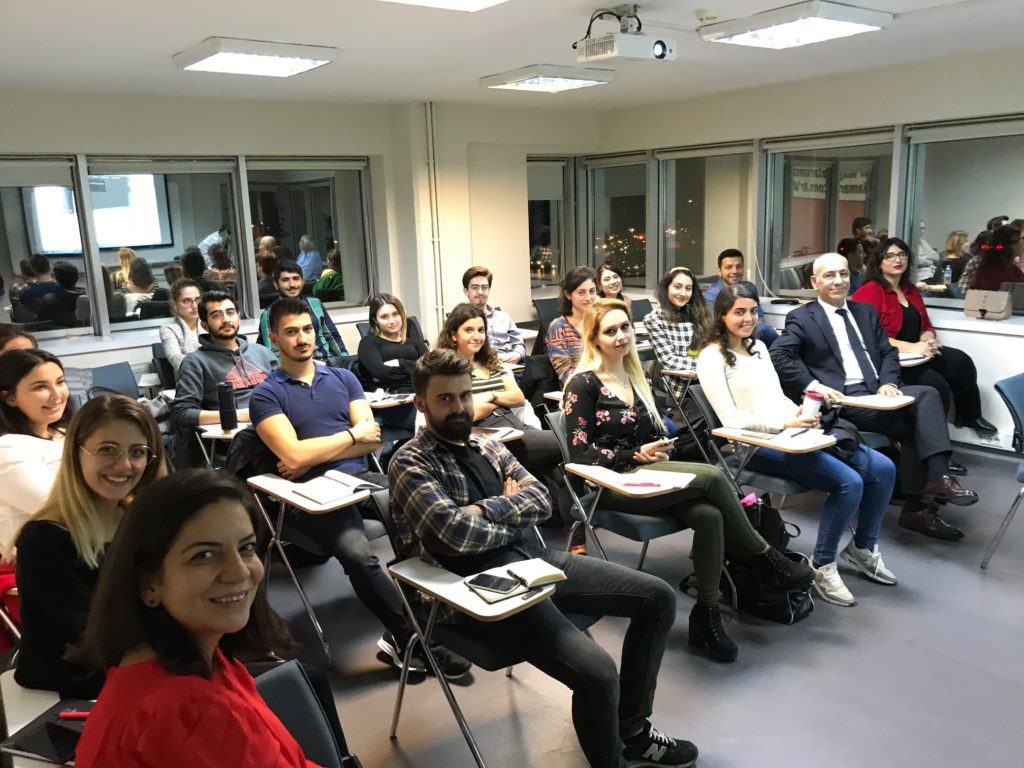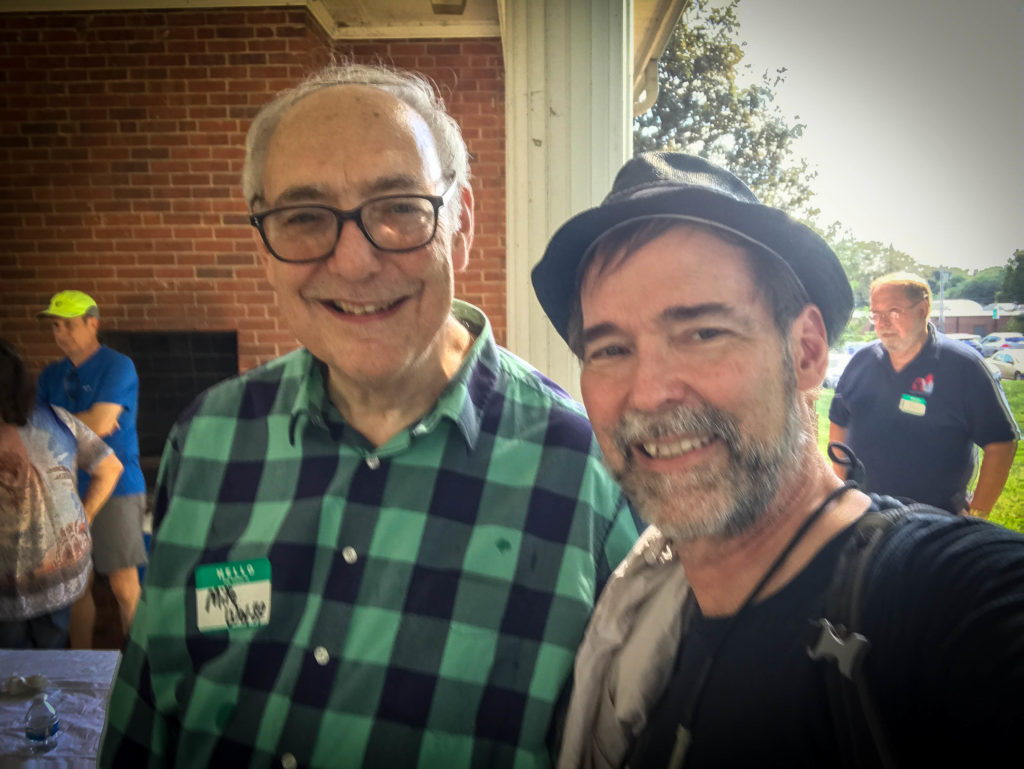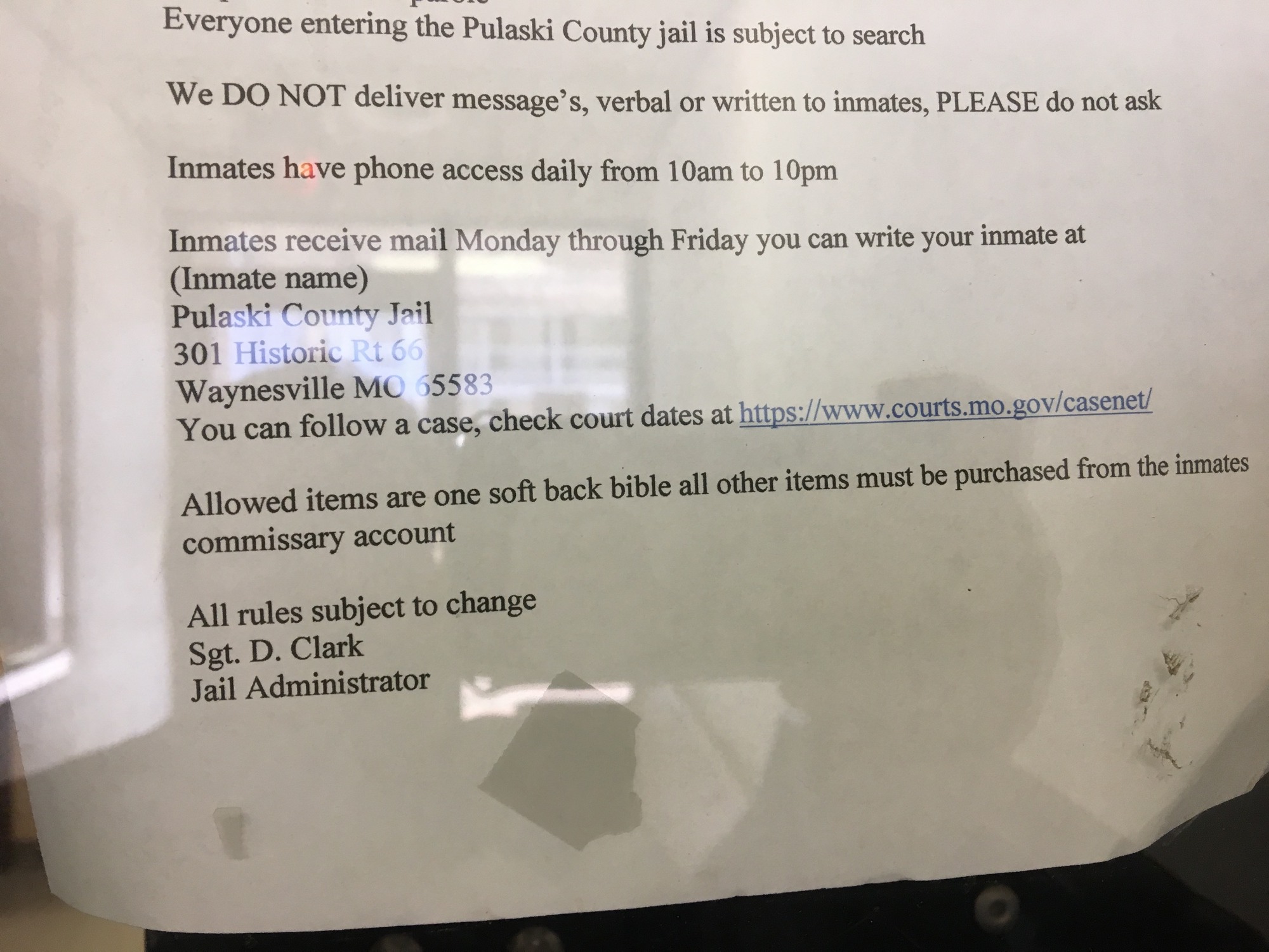Technology for Appellate Lawyers – Digital Tools for Efficiently Preparing Your Appellate Brief
On December 11, 2023, I gave a short presentation at the Appellate Law Institute, sponsored by the Appellate Law Section of the Bar Association of Metropolitan St. Louis. Here is the topic and synopsis:
A Quick Review of Some Digital Tools to Assist Appellate Lawyers
All appellate attorneys use word processors and Westlaw and/or Lexis. What are some of the less obvious digital tools out there that can help us to write our appellate briefs? They say that you can’t have it both fast and good. Maybe that’s true, but this short talk will be a brisk review of about ten less-obvious digital apps that I use for digesting transcripts, researching cases and writing briefs faster and better.
The SLIDES of my presentation can be downloaded in PDF format here:


 I'm also using this post as the location for uploading my slide presentations:
I'm also using this post as the location for uploading my slide presentations:
 Dozens of thoughtful people, religious and otherwise, attended the presentation, united by this idea (from the homepage of the national website: "We envision an America where everyone can freely choose a faith and support it voluntarily, or follow no religious or spiritual path at all, and where the government does not promote religion over non-religion or favor one faith over another."
Dozens of thoughtful people, religious and otherwise, attended the presentation, united by this idea (from the homepage of the national website: "We envision an America where everyone can freely choose a faith and support it voluntarily, or follow no religious or spiritual path at all, and where the government does not promote religion over non-religion or favor one faith over another." 